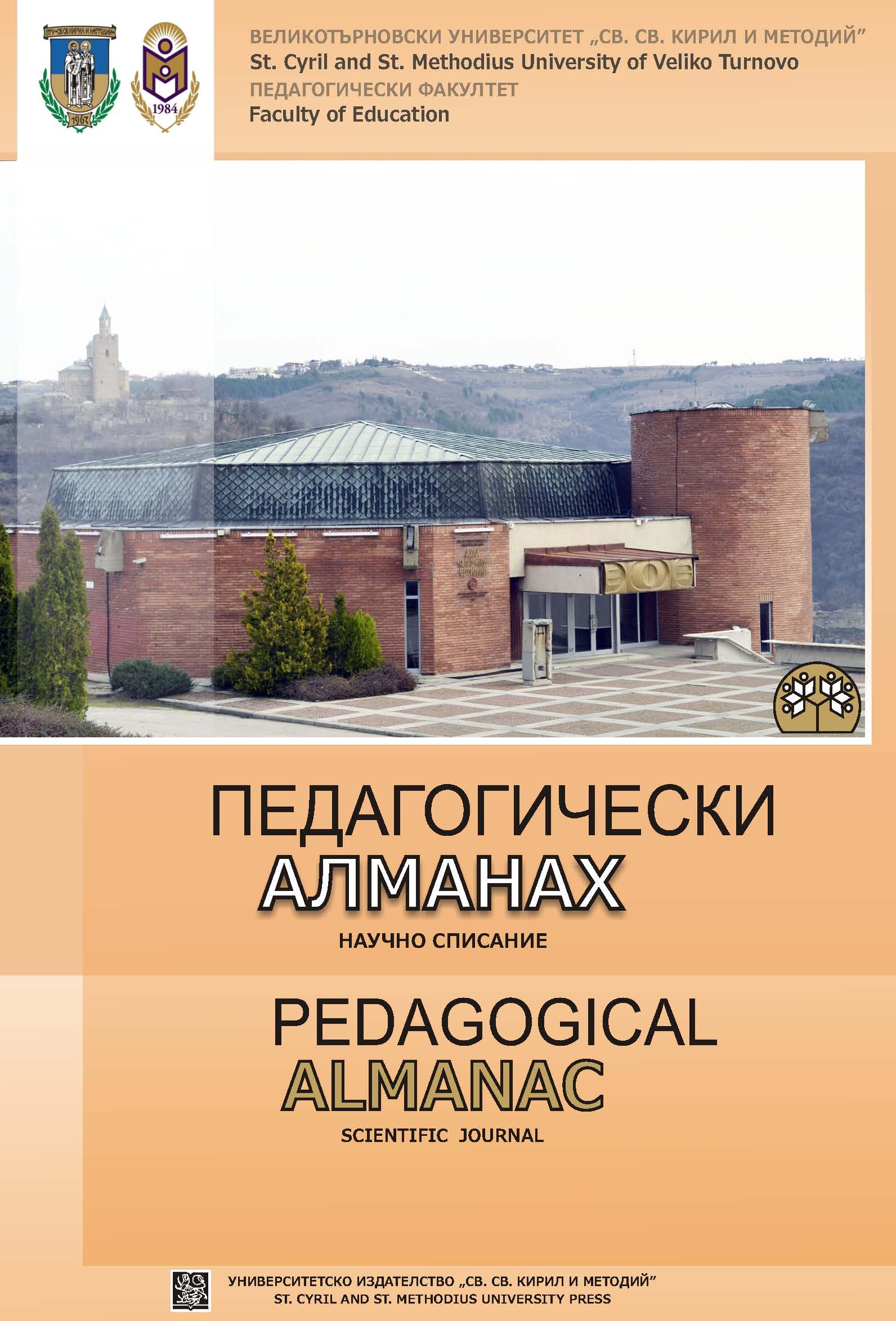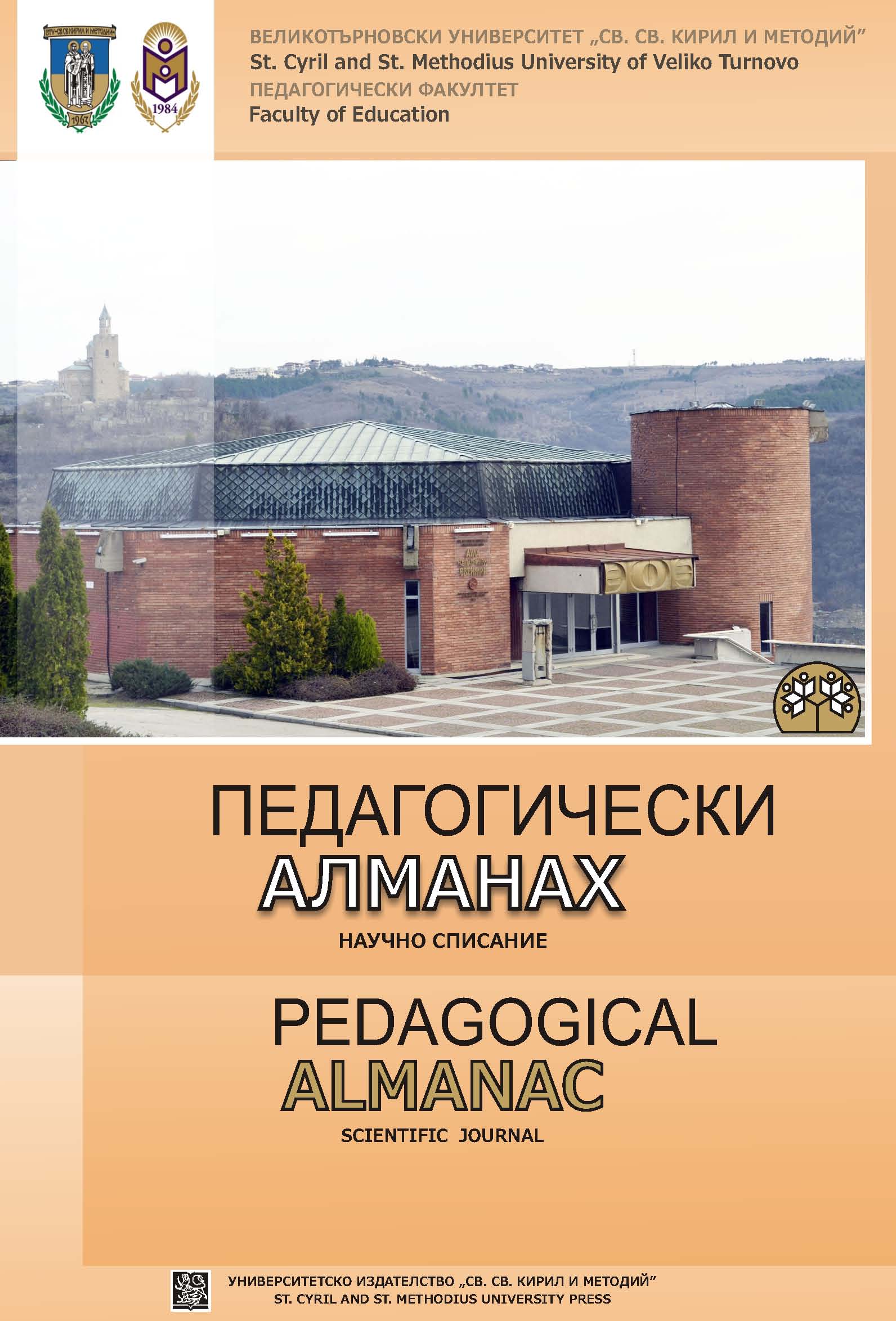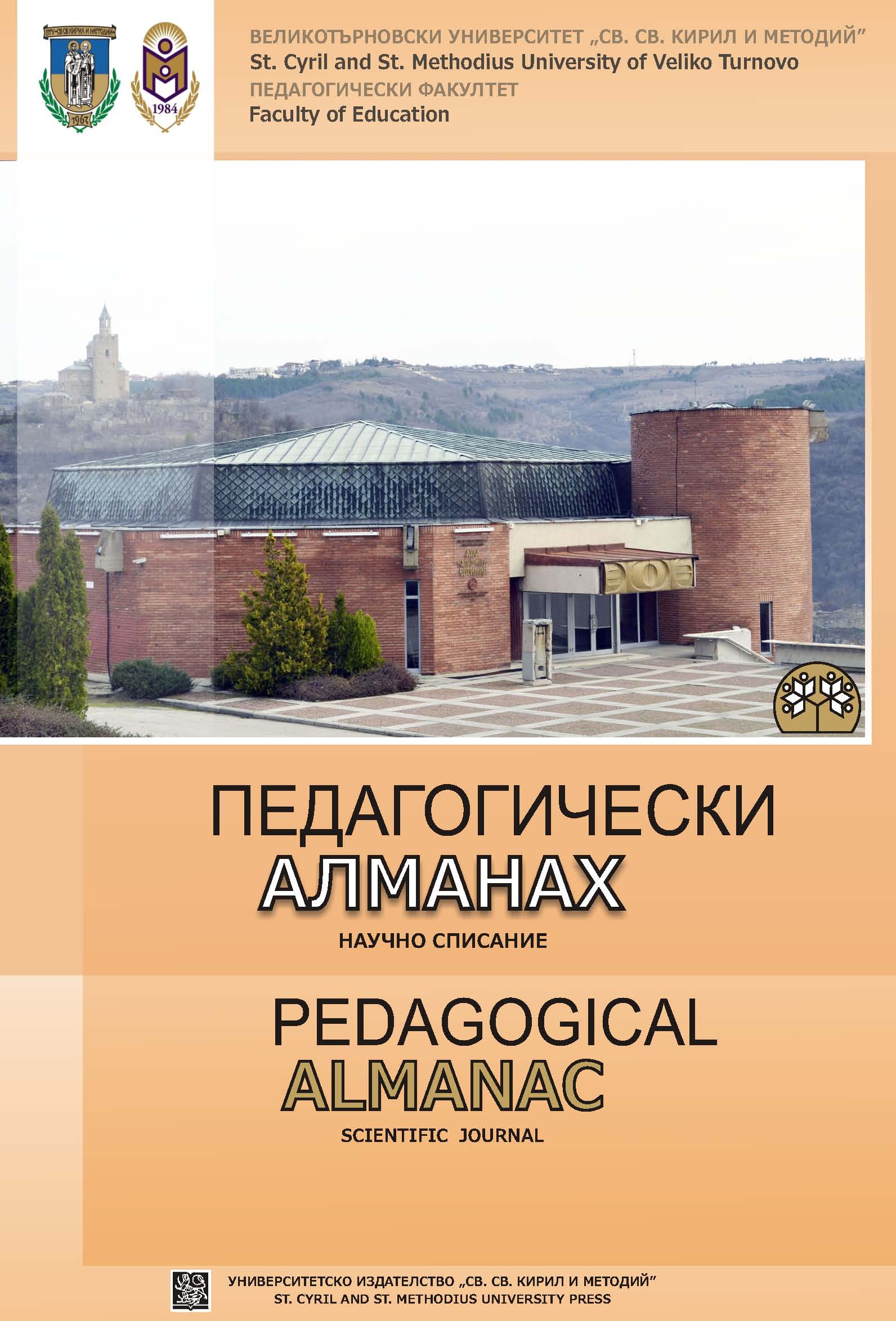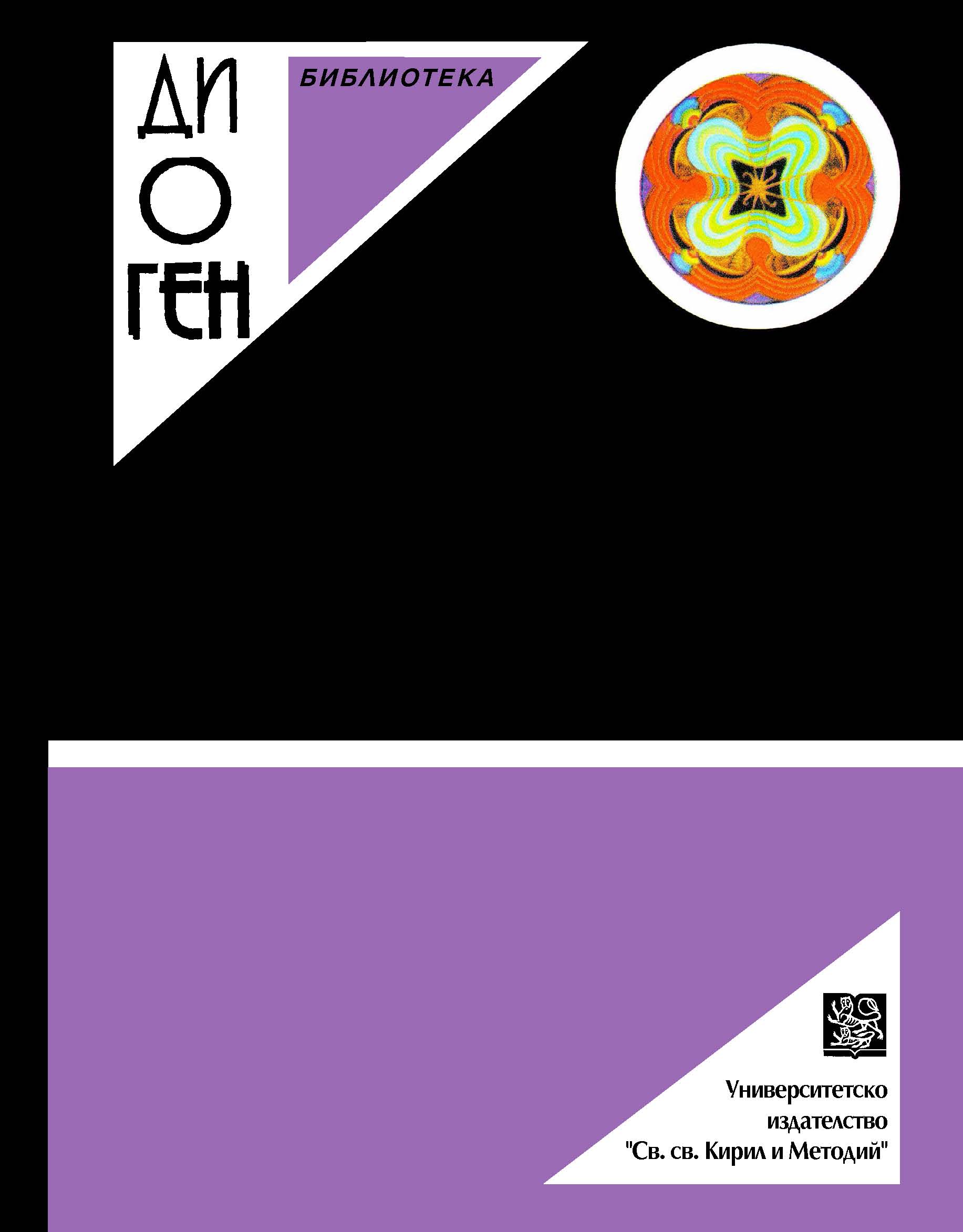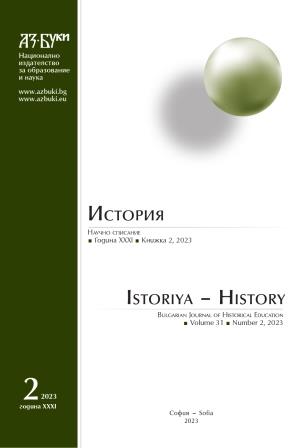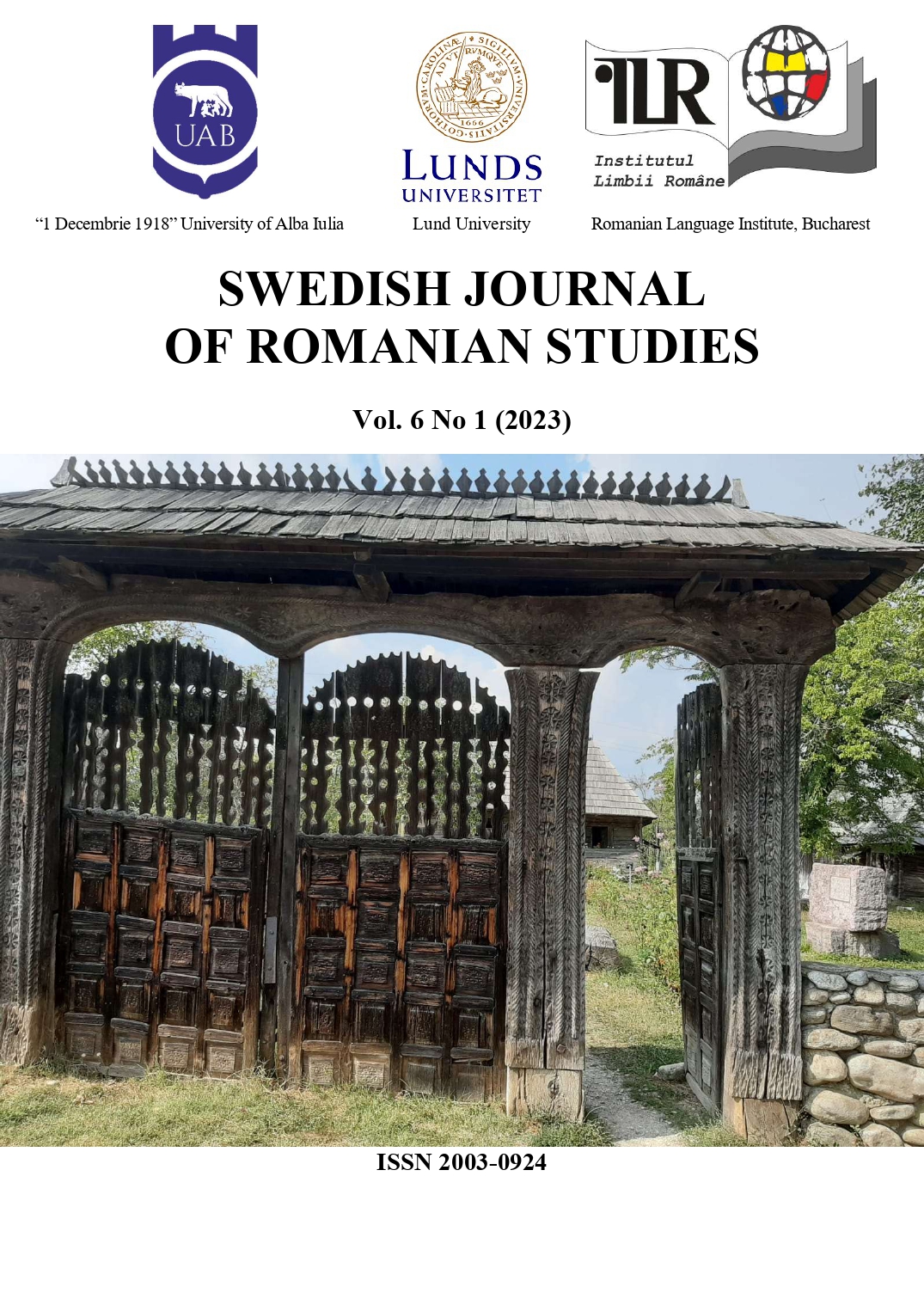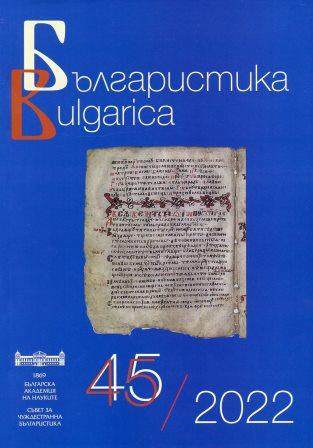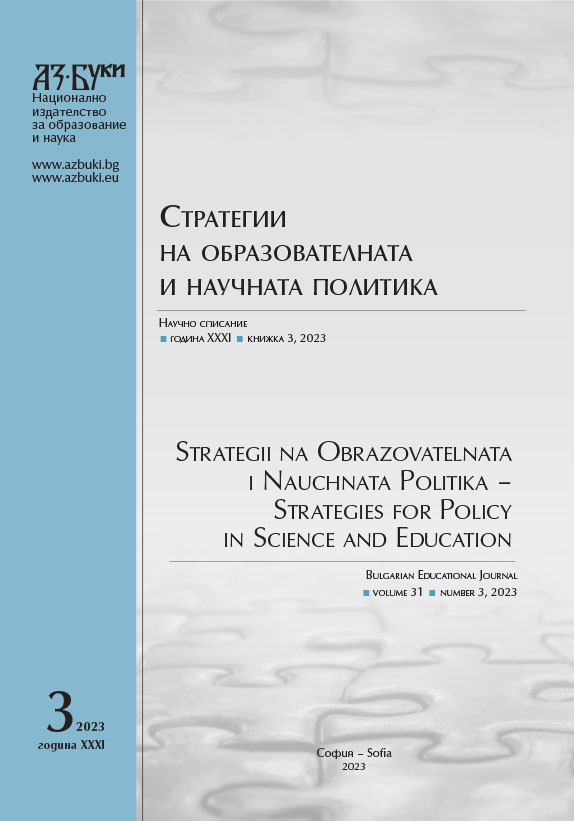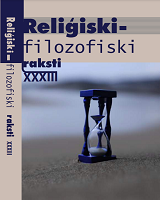Author(s): Alina Romanovska / Language(s): Latvian
Issue: 2/2022
The values of an individual, as well as of a larger or smaller community, exist and are revealed within the framework of a certain culture. Being ethnically, historically, religiously, politically, and otherwise determined, culture is the custodian and creator of universal human values – it ensures the unity of humanity, and understanding of individuals and nations, despite ethnic, religious, etc. differences. In Latvian policy documents, culture is considered the most important value, which forms the core of the nation’s identity and has unlimited potential for the state’s economic development. Moreover, in educational documents, culture is mentioned as an important value, an understanding of which should be formed in schoolchildren during the educational process. The school’s objective, which is defined in curricula and education policy documents, is to develop a comprehensive understanding among children and young people of such values as life, human dignity, freedom, family, marriage, work, nature, culture, the Latvian language and the Latvian state, developing an appreciative attitude and responsibility for themselves and their actions. The results of the conducted study on the understanding of cultural values among 14-18-year-olds provide not only for better understanding of the value system of young people and the reasons and motivations for their activities but also describe how young people understand the similarities and differences of different cultures (European, national, ethnic, regional, local), how they feel in the conditions of coexistence of different cultures and how they define their cultural belonging on the basis of values that are important to them. Using the broader understanding of culture as a basis, it can be concluded that local, regional and national cultural values are important for young people. Young people, on the other hand, have a rather abstract understanding of European cultural values. They also cite communication skills, tolerance, and participation as important values of universal human culture.
More...
